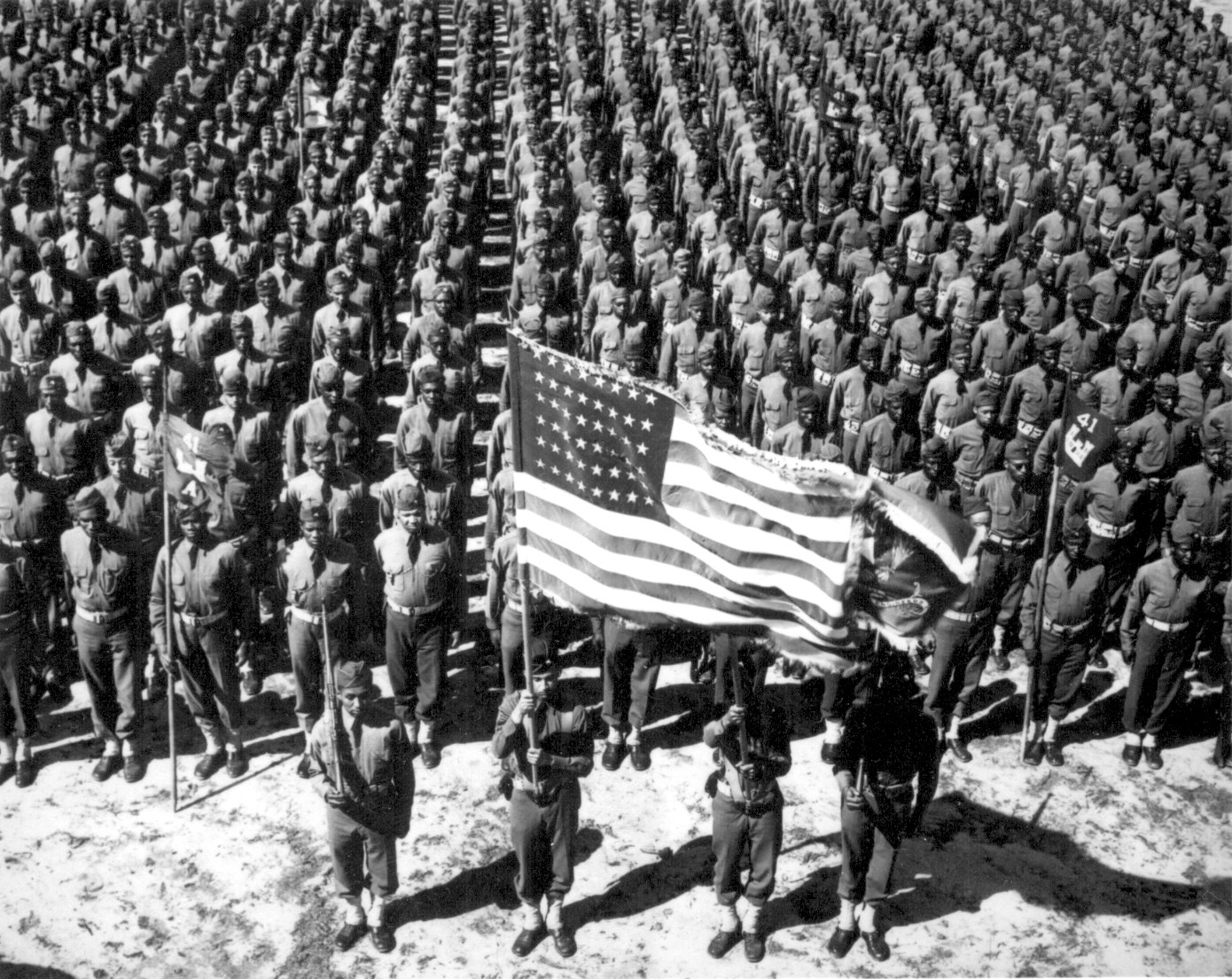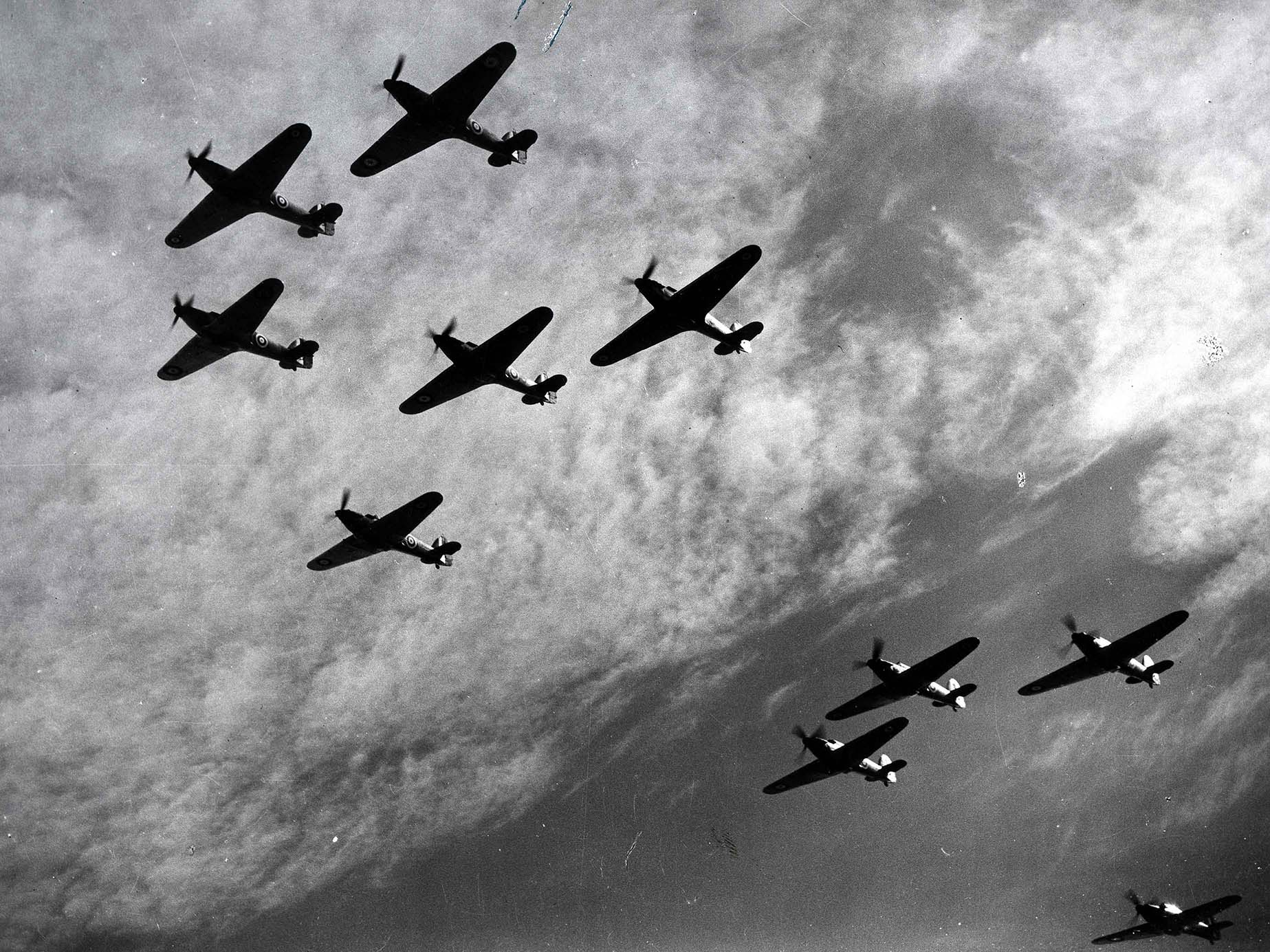War doesn’t just start on whim. It always comes to a tipping point, but before this, there are key events leading up to its outbreak. World War II was no different.
World War II was an effect of the turmoil left by World War I. The Treaty of Versailles concluded the war between Germany and the Allied Powers. However, since Germany lost, the treaty was rather harsh against the Germans. They were required to pay reparations, but since they lost, the German economy was in ruins, making the burden too difficult to bear.
 |
Image Source: archives.gov
|
In the period before World War II, Japan was expanding rapidly. But since it was an island nation, the Japanese did not have the natural resources to support their growth. As an empire, they invaded the likes of Manchuria and China.
Other countries were taken over by dictators who formed fascist governments, with the only objective being creating the biggest empire possible. Franco took over Spain, Mussolini took over Italy, and Hitler took over Germany, wherein the Nazi party ruled with such power and influence.
Soon enough, Hitler took over Austria, and then Czechoslovakia. By means of appeasement, other big European countries, like France and Britain, who were interested in keeping the peace thought it would be wise to make Hitler happy, rather than try to go against him. It turned out that they were wrong, because it only made Hitler bolder.
This imbalance was the perfect condition for war to erupt. The Axis powers were formed, and soon enough Pearl Harbor was bombed. That was the beginning of what remains to this day as the biggest devastation known to man.
 |
| Image Source: scholastic.com |
Largely because his father served in World War II, John Eilermann became a huge World War II aficionado. Learn more about war history by following him on Twitter.